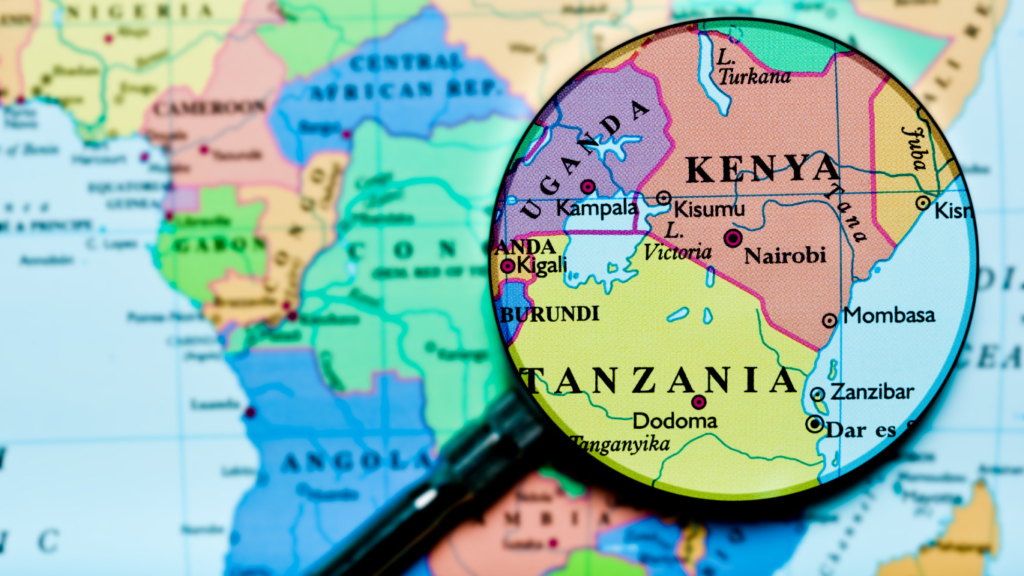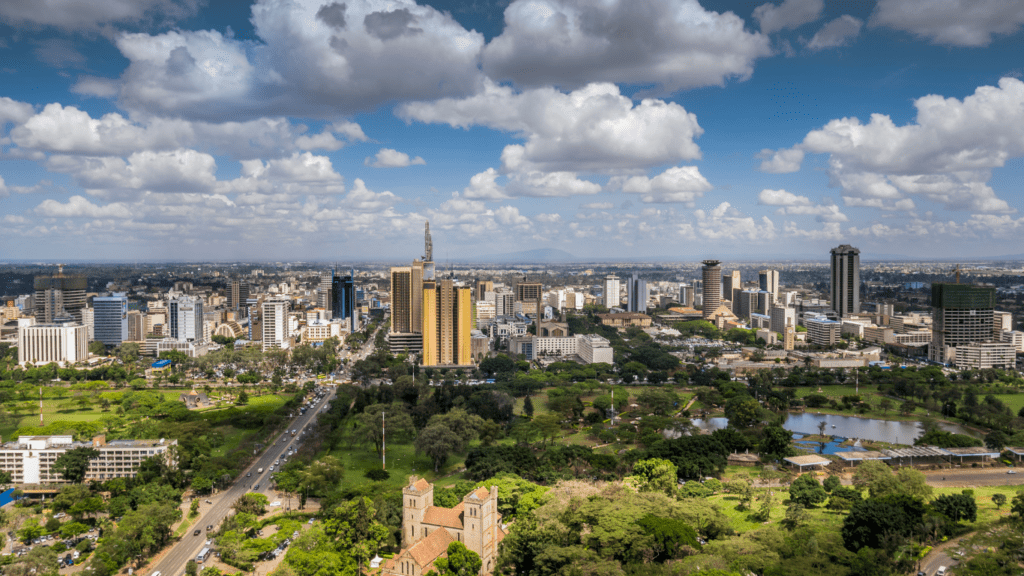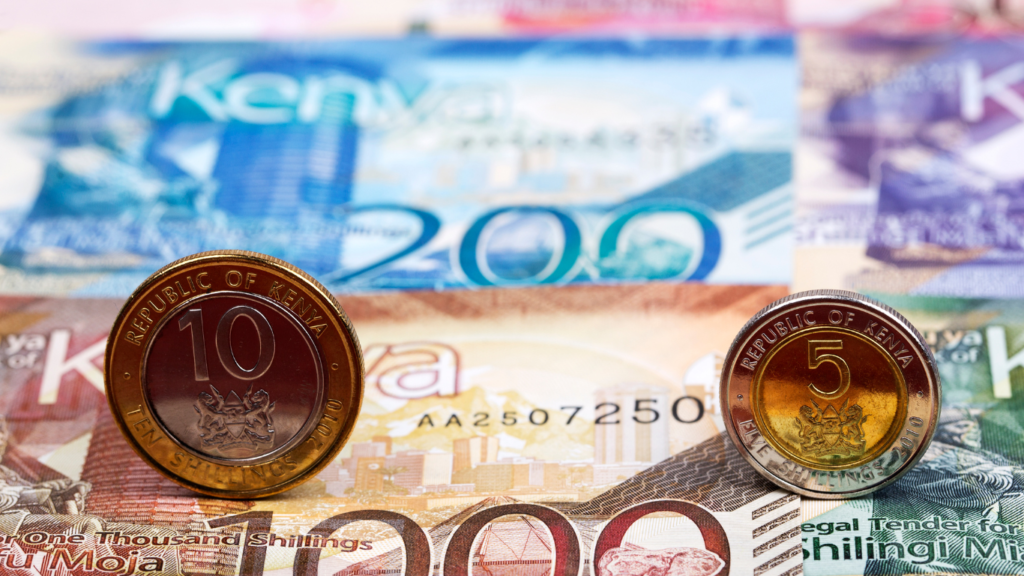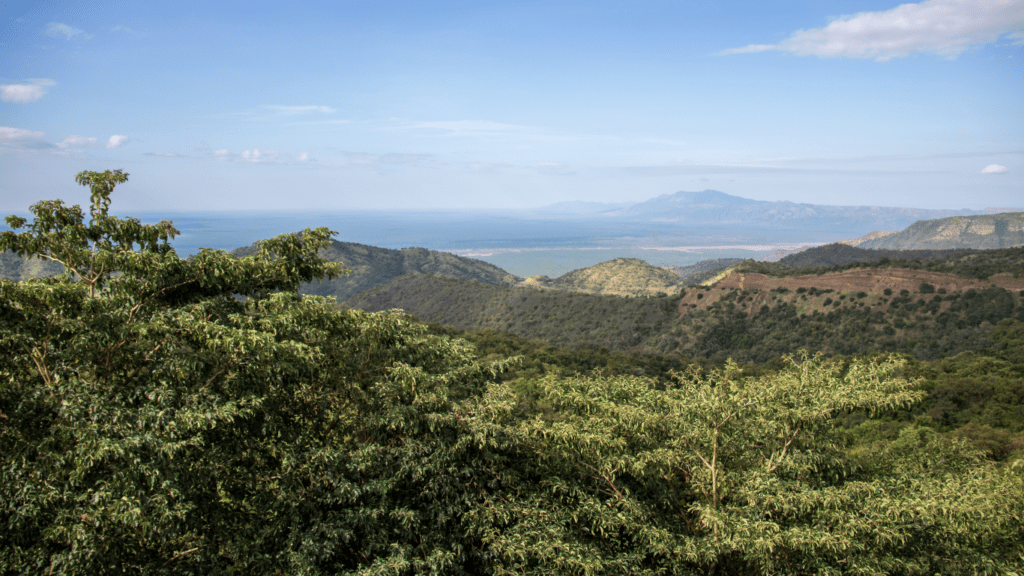Working in Kenya as a Field Engineer – more advice
This article gives advice for engineers visiting for the purpose of working in Kenya. Visiting Kenya to work as a field engineer is a unique experience that combines professional challenges with the positives of this beautiful country. Dennis Mwirigi lives and works in Kenya and in this article gives some insights and tips to help fellow engineers to work effectively and to make the most of their stay.


Expert Insights and Tips on Kenya for Field Engineers
Background
Kenya, which is tucked away in the eastern centre of Africa, has developed into a thriving centre for industrial expansion as well as technical advancement. The country’s dedication to development is demonstrated by the advancements in service engineering, particularly in industrial development. Field service engineers have access to a wealth of opportunities due to innovative projects and improvements across all sectors.
Kenya’s commitment to excellence is particularly evident in the country’s healthcare system. A dedication to improving the general well-being of the populace is demonstrated by the combination of technology and service engineering in healthcare. The discipline of field service engineering is becoming more and more dynamic as the nation continues its industrialisation journey, offering both possibilities and difficulties to professionals in the sector.
As a field service engineer, taking on a project in Kenya promises to be an interesting mix of challenges, cultural immersion, and professional advancement. Although your technical knowledge is useful, you still need to prepare more for navigating the terrain of Kenya.


Relationships with colleagues when working in Kenya
Kenyans place a high importance on interpersonal relationships. Therefore, getting along with clients and coworkers is crucial to completing projects successfully. Gaining an understanding of regional traditions and communication methods will promote cooperation and trust.
Visa requirements when arriving to work in Kenya
Although the Kenyan government declared that international visitor visas would no longer be required starting in January 2024, the implementation has been postponed.
Foreign visitors to Kenya still need to have a valid visa as of right now (February 2024).
The government is creating an Electronic Travel Authorisation (ETA) system to replace traditional visas in anticipation of a more seamless procedure. Travelers will have to apply online for an ETA under this approach before they leave on their trip. It’s best to keep updated as the precise launch date of the ETA system is still pending announcement.
The Work Visa is usually the best option for field service engineers. Kenya provides two primary categories.
Single Entry Work Visa
One entrance and a maximum stay of ninety days make this perfect for short-term enterprises.
Several Entry Work Visa
Ideal for extended stays involving several visits, allowing for several entries with a maximum stay of ninety days each stay.
Make sure you have everything you’ll need in your visa backpack, including:
a valid passport (that will remain valid for at least six months after you arrive),
a completed application,
proof of work,
project details,
bank statements,
and travel insurance.
For up-to-date details on visa fees which differ according to nationality, type of visa, and duration of stay visit the website of the Kenyan embassy or consulate in your home country.
You can apply in person at the embassy or consulate in your native country, or online, but be aware that processing times may vary.
Language to use in your stay while working in Kenya
As you begin your field service engineering assignment in Kenya, it is a good idea to think about local language. Even though English is the primary language of business and is commonly spoken, getting to know the rich culture of the Kiswahili (Swahili) language might improve your interactions and experiences.
Although English is widely understood, learning some common phrases in Kiswahili can lead to a more immersive experiences and deeper connections. Here are some examples of common phrases in Kiswahili.
Mambo! (Hello!)
Asante sana! (Thank you very much!)
Karibu! (Welcome!)
Habari gani? (How are you?)
Pole pole. (Take it easy.)
You may also come across another language – Sheng in the cities. Sheng is a colourful mixture of Kiswahili, English, and other regional dialects. Learning a few Sheng phrases can make you feel more at ease and provide a light-hearted element to your conversations, even though Sheng is not necessary for everyday communication.
Here are a few Sheng expressions.
Sasa? (What’s up?)
Chapaa! (Money!)
Bazenga! (Friend!)
Gwara! (Good vibes!)
Majengo! (Neighbourhood or area.)
People in Kenya love to connect, and being accepting of language difference builds relationships that go beyond career lines. If you take advantage of the chance to acquire and utilise the local languages, you’ll discover that your trip to Kenya transforms from a field engineering assignment into a cultural exploration.
Climate
From tropical at the coast, where Mombasa the second largest city of Kenya is located, to desert in the interior, Kenya has a wide variety of weather patterns.
October to December sees light rainfall, and March to May is when the nation experiences its two different rainy seasons.
Kenya’s capital, Nairobi, is a centre for a wide range of activities due to its year-round moderate climate.
Warm, humid air makes coastal places like Mombasa ideal for leisure.
Lower temperatures are possible in inland areas like Eldoret.
So, it is important to bring a selection of clothing to accommodate changing situations.


Accommodation to book when working in Kenya
Selecting the ideal place to stay is essential to guaranteeing a positive field service engineering experience in Kenya. There’s a wide range of options in cities like Nairobi and Mombasa, from luxury accommodation at international hotels to affordable guesthouses with a local flavour. When choosing, keep things like accessibility to local services, transit, and work locations in mind.
Customer service is a strong focus for Kenya since the country is renowned for its kind hospitality. A warm and inviting atmosphere is guaranteed, and many companies place a high priority on providing exceptional customer service, including help with transportation and local suggestions.
If you have the flexibility, consider checking out homestays or guesthouses in residential neighbourhoods for a more in-depth cultural experience. This guarantees you a pleasant stay in addition to giving you the chance to interact with the locals and learn about Kenyan life directly from the source.
Your choice of accommodation can greatly impact a good and unforgettable experience, especially with Kenya’s wonderful hospitality.
Currency
The Kenyan Shilling (KES) is the national currency, and coins and banknotes are frequently used for daily transactions.
Kenya has a strong banking industry, with large banks providing a variety of services, such as ATMs for easy cash withdrawals.
In cities and large institutions, you can use international credit and debit cards. However, in more distant places, it is essential to carry some cash for transactions.
You may manage your funds effectively during your stay by taking advantage of the extra flexibility offered by online banking and mobile money services like M-Pesa.


Airports when arriving to work in Kenya
Major airports such as Moi International Airport (MBA) in Mombasa or Jomo Kenyatta International Airport (NBO) in Nairobi are the usual places to land while traveling to Kenya. Both airports include excellent amenities for visitors from abroad, such as information offices, lounges, and currency exchange services. When you arrive, there are several ways to get around. There are plenty of taxis and ride-sharing options that can easily transport you to your location. Another practical choice is to book hotel shuttles in advance, which guarantee a smooth transition from the airport to your hotel.
Clearing Immigration and Customs
Customs and immigration processes are usually easy to navigate. Make sure you are prepared for inspection with your passport, visa, and other necessary paperwork. The procedure is aided by amiable and capable immigration officials who want your arrival into the nation to go as smoothly as possible.
Cultural Considerations and Awareness
Kenya’s diverse cultural fabric extends a warm welcome to guests. Understanding Kenya’s cultural customs and conventions will improve each meeting and encounter you have.
In Kenyan culture, greetings are very important, and handshakes are a typical way to introduce oneself.
Being kind and respectful is highly regarded, and conversing about regional traditions and customs is welcomed.
Kenya’s cultural diversity is one of its greatest assets, and tolerance for others is essential. Kenyans are hospitable and grateful for cross-cultural understanding.
Although there are no rigid dress standards, it’s best to wear modest clothing in more traditional contexts and professional gear elsewhere.
Safety and security when working in Kenya
Safety for both locals and visitors is Kenya’s top priority. Keep yourself aware of your surroundings, use common sense safety procedures, and exercise caution in busy settings. Particularly in crowded places, make sure your personal items are secure and use anti-theft bags, and refrain from exposing valuables.
Food to enjoy during your time working in Kenya
The food scene in Kenya is quite diverse. Your palate is going to be treated to a variety of fascinating cuisines at city restaurants as well as mouth watering Nyama Choma (grilled meat) at neighbourhood places. If you want to sample real Kenyan food, don’t miss the opportunity to enjoy Ugali (a type of cornmeal) and Sukuma Wiki (a dish made with collard greens).
Exploring Kenya
Kenya’s natural treasures are calling, given enough time. Travel to coastal cities for a peaceful beach experience, go on a safari to see the magnificent wildlife, or discover the Great Rift Valley’s picturesque scenery.


Tips for Community Connection
Make friends by going to local markets, as well as cultural activities, and neighbourhood get-togethers if you can.
Acquire some basic Swahili language skills and demonstrate sincere curiosity about regional customs.
Kenyans value visitors who embrace their culture, thus these relationships will definitely improve both your work experience and overall stay.
The author of Working in Kenya as a Field Engineer – more advice
Dennis Mwirigi is a Kenyan. He has a diploma in medical engineering technology, has worked as a Biomedical Engineer and in Digital Marketing.


Further reading
Seven Tips for visiting Nigeria as a Field Engineer
Tips and advice when visiting Jordan as a Field Engineer


Responses